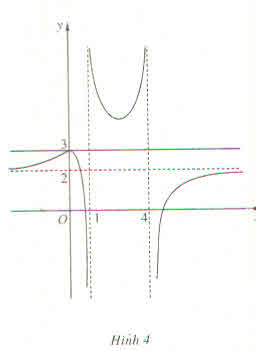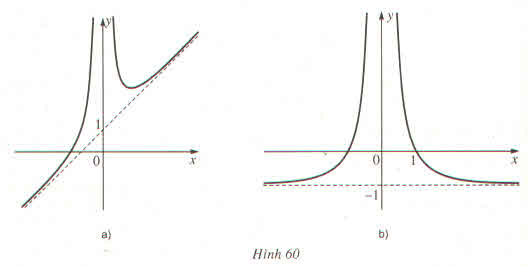Hãy nhập câu hỏi của bạn vào đây, nếu là tài khoản VIP, bạn sẽ được ưu tiên trả lời.

2 : cho ab=cd(a,b,c,d≠0)ab=cd(a,b,c,d≠0) và đôi 1 khác nhau, khác đôi nhau
Chứng minh :
a) C1: Đặt \(\frac{a}{b}=\frac{c}{d}=k\)\(\Rightarrow\left\{{}\begin{matrix}a=kb\\c=kd\end{matrix}\right.\)
\(\frac{a-b}{a+b}=\frac{kb-b}{kb+b}=\frac{b\left(k-1\right)}{b\left(k+1\right)}=\frac{k-1}{k+1}\)
\(\frac{c-d}{c+d}=\frac{kd-d}{kd+d}=\frac{d\left(k-1\right)}{d\left(k+1\right)}\frac{k-1}{k+1}\)
Bài 1:
a: Áp dụng tính chất của dãy tỉ số bằng nhau, ta được:
\(\dfrac{x}{2}=\dfrac{y}{\dfrac{3}{2}}=\dfrac{z}{\dfrac{4}{3}}=\dfrac{x-y}{2-\dfrac{3}{2}}=\dfrac{15}{\dfrac{1}{2}}=30\)
Do đó: x=60; y=45; z=40
b: Áp dụng tính chất của dãy tỉ số bằng nhau, ta được:
\(\dfrac{x}{10}=\dfrac{y}{15}=\dfrac{z}{21}=\dfrac{x+y+z}{10+15+21}=\dfrac{92}{46}=2\)
Do đó: x=20; y=30; z=42

\(sin^4\left(x+\dfrac{\pi}{2}\right)-sin^4x=sin4x\)
\(\Rightarrow cos^4x-sin^4x=sin4x\)
\(\Rightarrow\left(cos^2x+sin^2x\right)\left(cos^2x-sin^2x\right)=sin4x\)
\(\Rightarrow cos^2x-sin^2x=4sinx.cosx.cos2x\)
......

ADCT: \(\sqrt{u}'=\dfrac{u'}{2\sqrt{u}}\); \(\left(\dfrac{u}{v}\right)'=\dfrac{u'.v-u.v'}{v^2}\)
y'=\(\dfrac{\left(\dfrac{x^3}{x-1}\right)'}{2\sqrt{\dfrac{x^3}{x-1}}}\)
\(\left(\dfrac{x^3}{x-1}\right)'=\dfrac{\left(x^3\right)'.\left(x-1\right)-\left(x-1\right)'.x^3}{\left(x-1\right)^2}\)
=\(\dfrac{3x^2.\left(x-1\right)-x^3}{\left(x-1\right)^2}\)=\(\dfrac{2x^3-3x^2}{\left(x-1\right)^2}\)
=>y'\(\dfrac{2x^3-3x^2}{\left(x-1\right)^2.\sqrt{\dfrac{x^3}{x-1}}}\)=\(\dfrac{2x^3-3x^2}{\sqrt{\left(\dfrac{x}{x-1}\right)^3}}\)

Xét dấu giá trị tuyệt đối rồi giải pt tích nhận nghiệm đc nghiệm là -√2 và √2 hihi hông bít đúng hông
\(\left(x^2-2\right)\left|x+2\right|=0\)
\(\Leftrightarrow\begin{cases}x^2-2=0\\\left|x+2\right|=0\end{cases}\)\(\Leftrightarrow\begin{cases}x^2=2\\x+2=0\end{cases}\)
\(\Leftrightarrow\begin{cases}x=\pm\sqrt{2}\\x=-2\end{cases}\).Vậy nghiệm nhỏ nhất là x=-2







 . Tính
. Tính 

 .
. . Tính
. Tính  bằng:
bằng:
 bằng:
bằng:

 .
.



Chọn D.